Life Saves the Planet Blog:
Science Rigorous study and research that informs our understanding of climate change, its causes, impacts, and potential solutions, crucial for evidence-based decision-making and policy development.
Rigorous study and research that informs our understanding of climate change, its causes, impacts, and potential solutions, crucial for evidence-based decision-making and policy development.
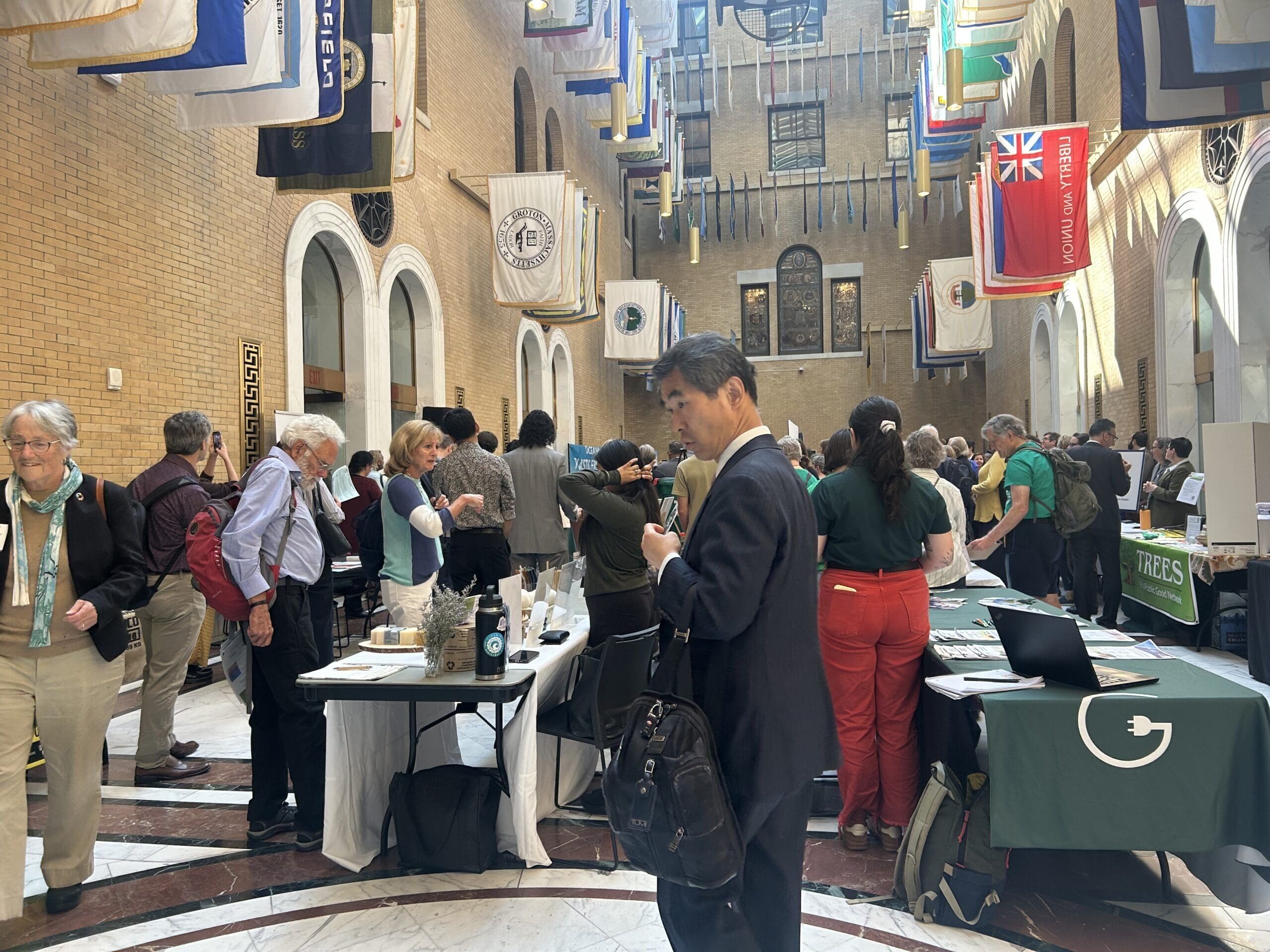
Inaugural Sustainability Day at Massachusetts State House
On September 9, 2025, Bio4Climate participated in the first-ever Massachusetts Sustainability Day at the State House in Boston, which drew over 350 participants including legislators, organizations, and members of the public. With nearly 40 exhibitors, a municipal climate leadership panel, and a keynote by Climate Chief Melissa Hoffer, the event showcased practical solutions and bold…
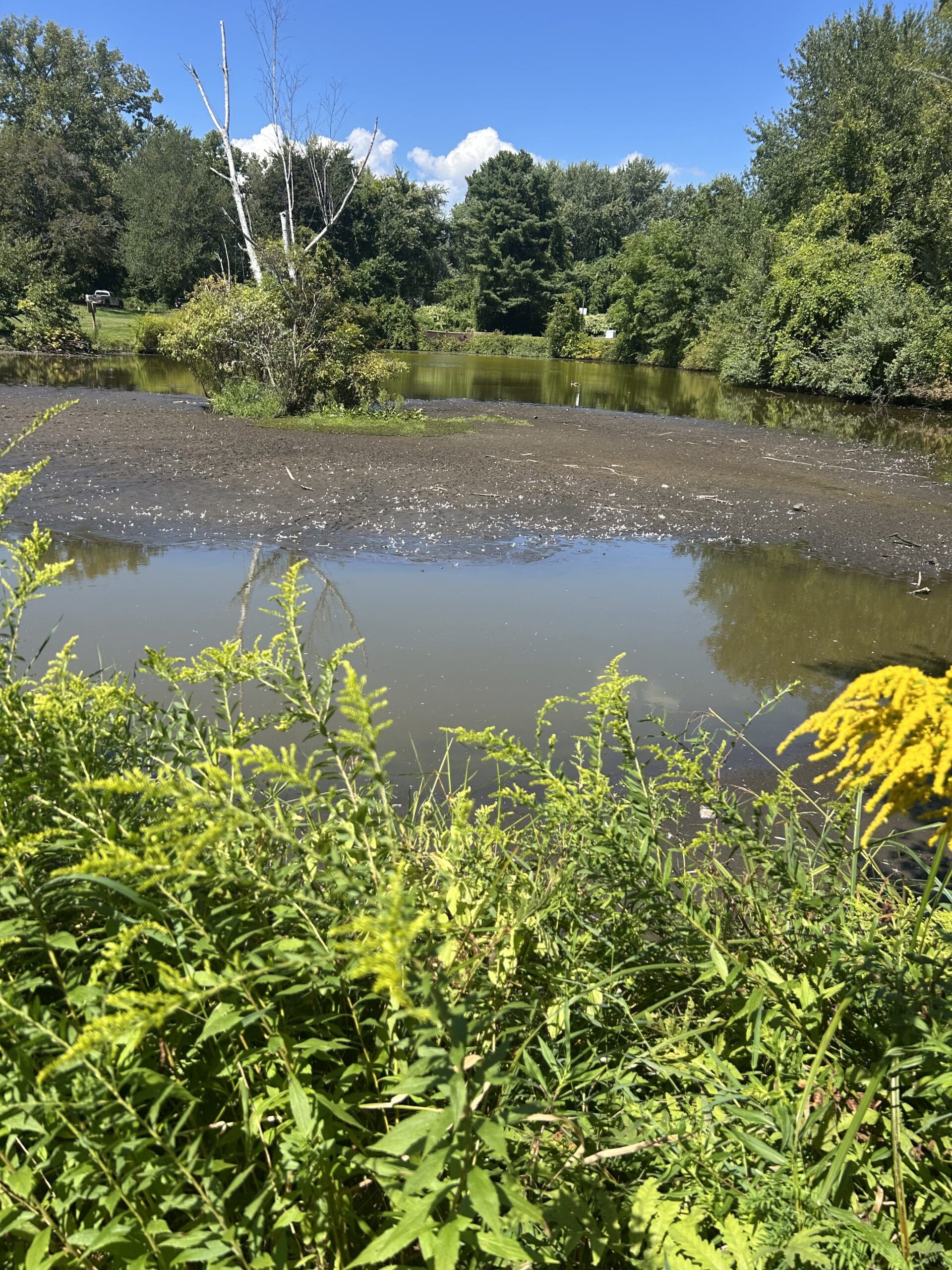
Biodiversity as Climate Infrastructure: Micrometeorology, Fluxes, and the Living Earth
In Biodiversity as Climate Infrastructure, Poulomi Chakravarty explores micrometeorology—the science of small-scale exchanges of heat, water, and gases between land, plants, and air. It shows how forests, wetlands, and even animals influence evaporation, rainfall, and temperature through hidden processes that quietly stabilize our climate. The article opens a window into this overlooked science, inviting us…
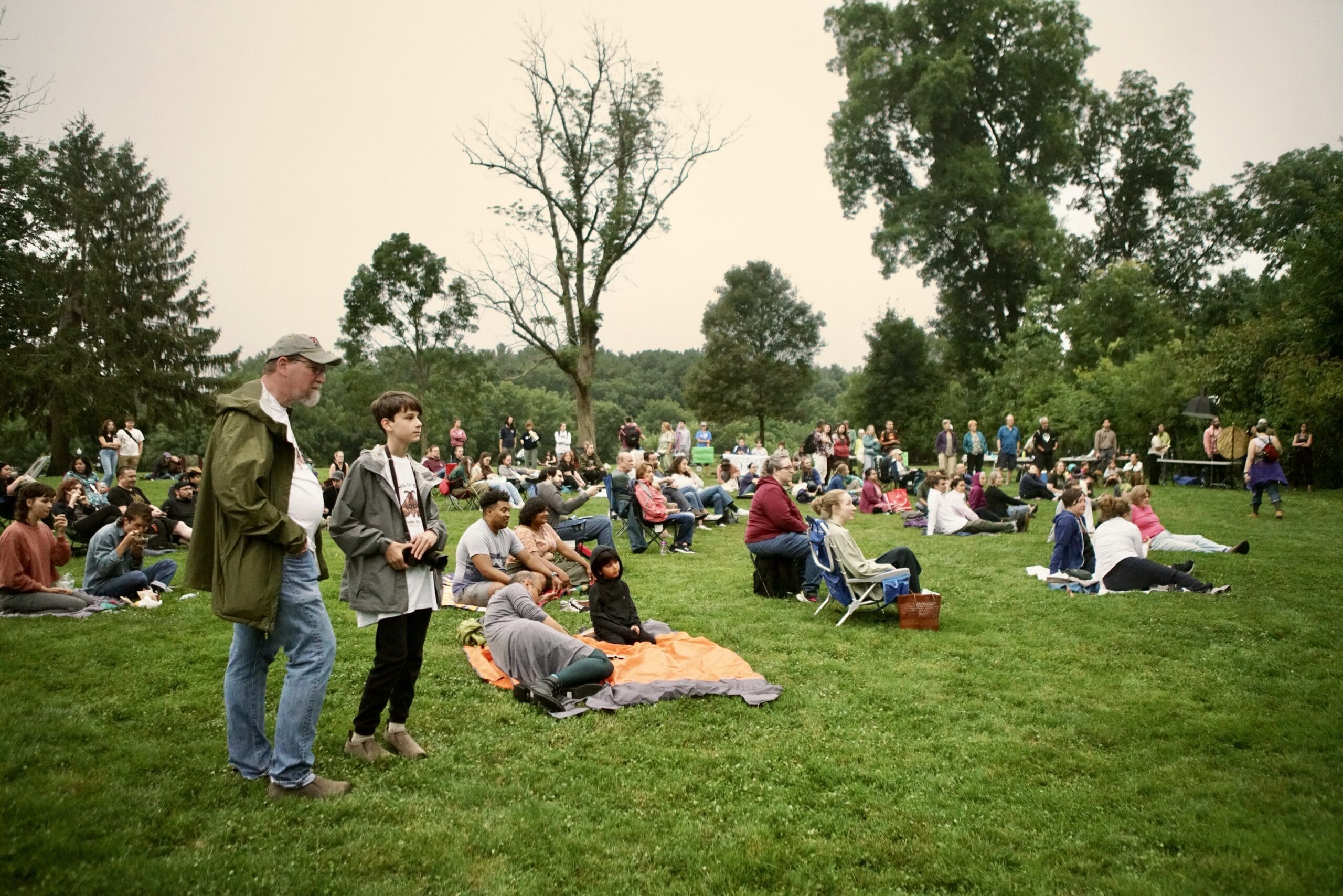
Cambridge Moth Ball 2024
On July 24, Bio4Climate and other host organizations participated in the Cambridge Moth Ball at Kingsley Park, Fresh Pond Reservation, for National Moth Week. Around 200 attendees of all ages engaged in community science, moth collecting, data collection, photography, and children’s activities. Bio4Climate partnered with Julie Croston from Cambridge Wildlife Arts to run the art…

Just released: “Cooling Climate Chaos: A Proposal to Cool the Planet within Twenty Years.”
This newly published book by Peter Bunyard and Rob de Laet approaches the climate crisis and its solutions from a completely different angle. “To address the climate crisis, now demonstrably causing havoc with life-killing extreme events,” the authors write, “we must not only transform our economic and societal models towards sustainability and resilience, we must…
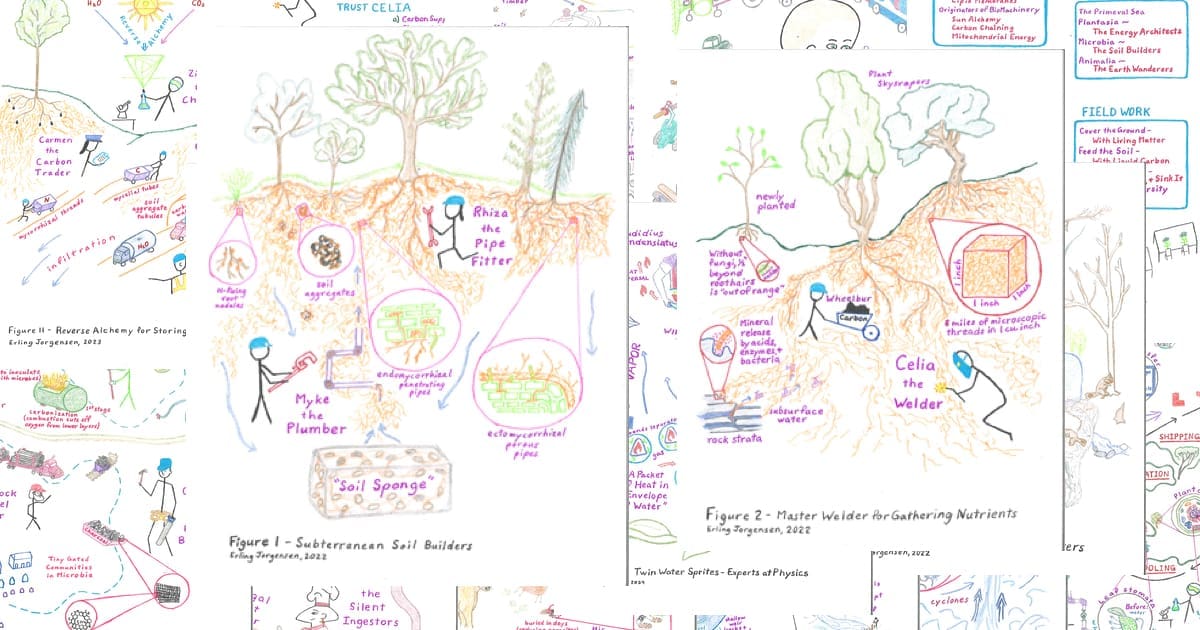
Journey of an Apprentice
Introduction by Jim Laurie Erling Jorgensen was a student in my “Systems Thinking and Scenario Building” course (Biodiversity 6) in the summer of 2022. He is determined to learn how life processes work and develop a scenario of restoring these processes. His goal is also to create a story that young people and adults with…
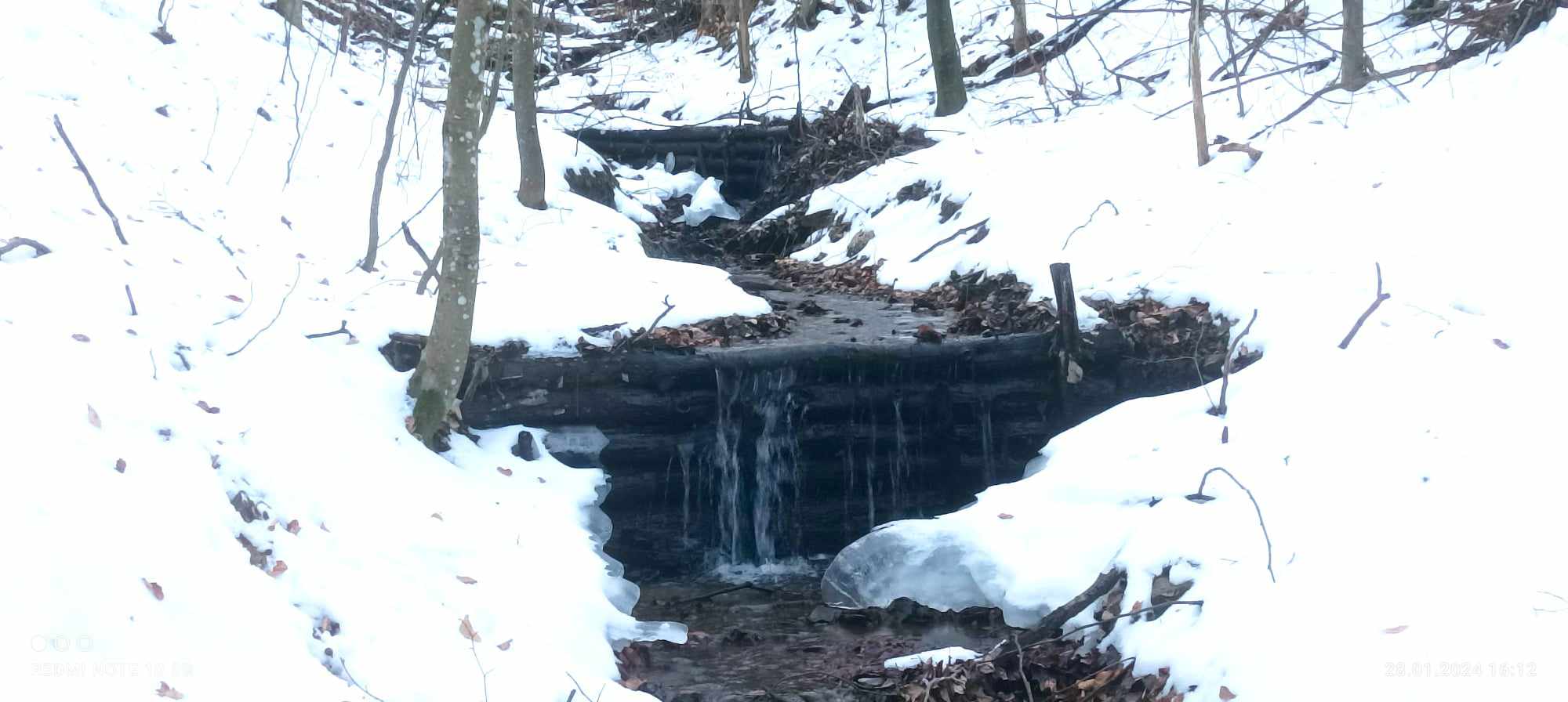
Slow Water Romance
As Valentine’s Day approaches, we invite you to experience a romantic journey in a winter wonderland. As the temperatures rise in February or earlier in our warming world, the snow melts, and we realize that the water cycle is a precious gift from the sun to all living creatures on Earth. Without the sun’s energy,…

Halley’s Comet and Scenario 300
Halley’s Comet last hurtled around the Sun in 1986 and is expected to return in July of 2061. What will the Earth be like when the Comet returns? What kind of world do we want to greet it?

Intact ecosystems stabilize climate.
The more we disturb intact ecosystems, the less stable the climate that we have. Do we have systematic evidence-based resources to prove how natural ecosystems stabilize climate? Yes, we do! It would be helpful for science communicators and policymakers to have a resource with systematized evidence. For example:Primary forests have higher resilience against droughts than…
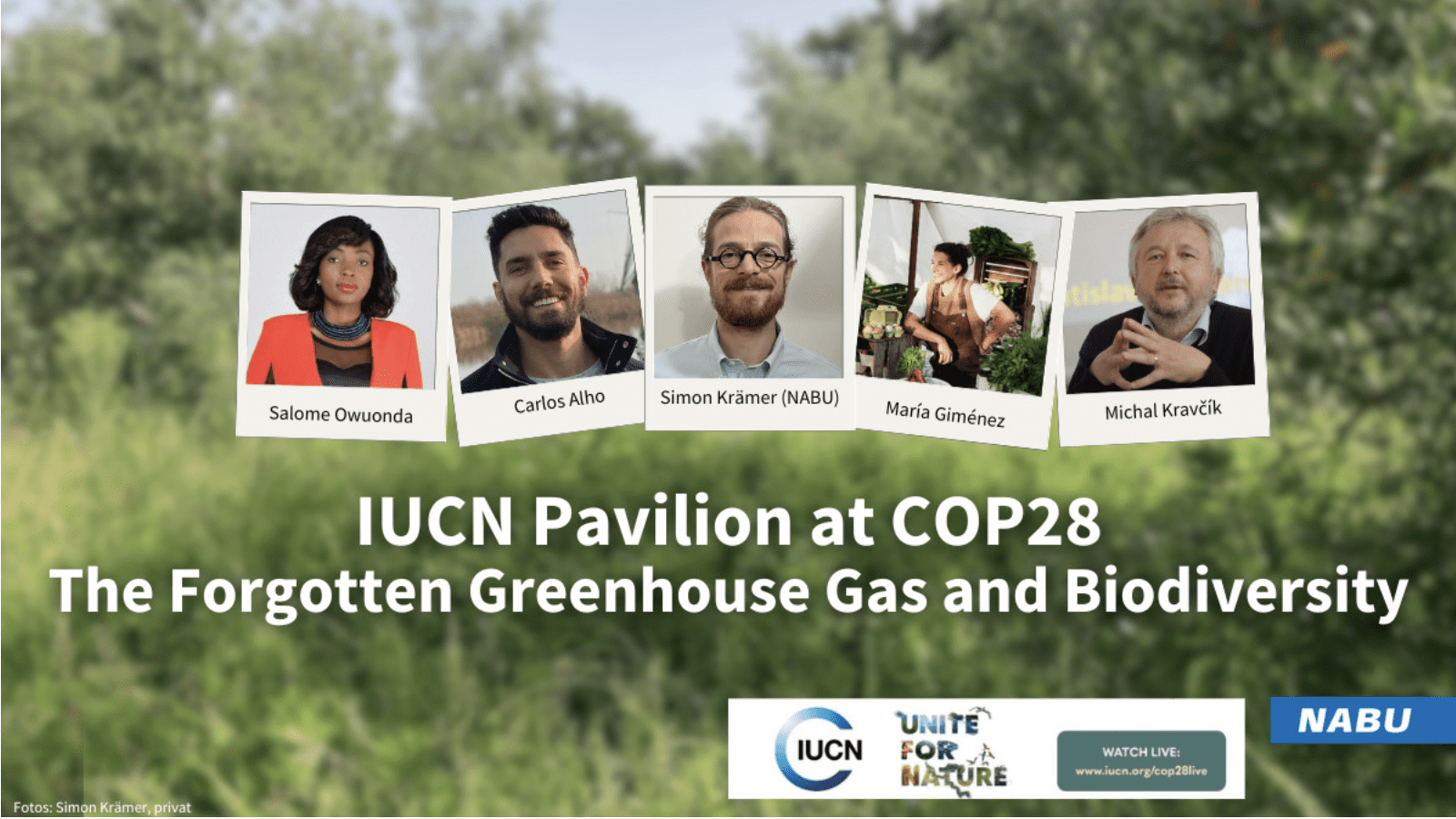
Water Holistic @ COP28 in Dubai
While most people are focused on the irony of COP28 being hosted by the fossil fuel industry, we will be focusing on the work being done on biodiversity, eco-restoration and water cycles.
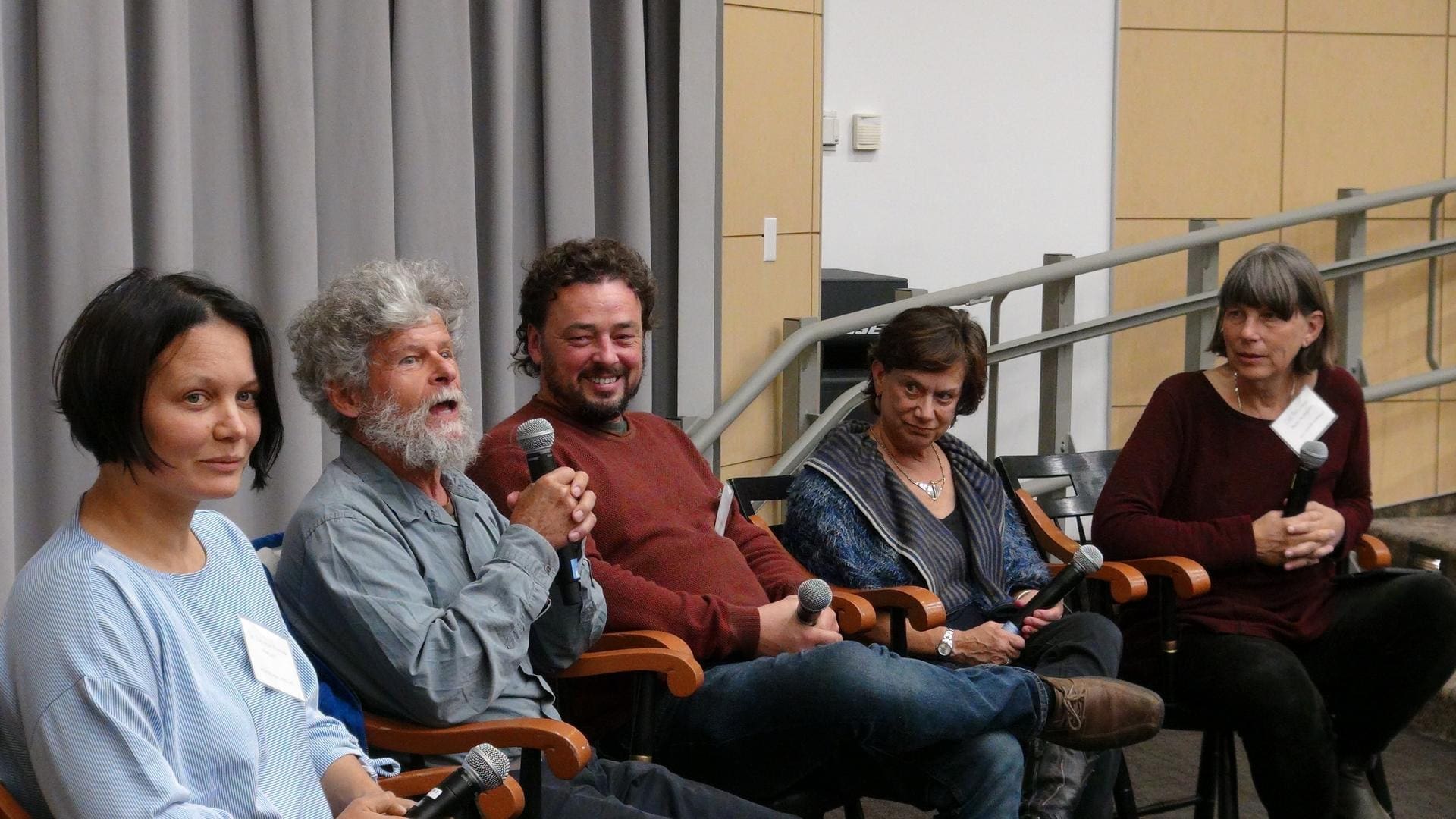
Regenerating Life Film Premiere – Panel Discussion
We are excited to share with you the panel discussion from the Boston Premiere of the film Regenerating Life! It was such a full day with three parts to the film, interesting exhibitors, and reconnecting with friends, that it was difficult to take it all in at once. You can share some of that excitement from…

Aligning natural and human laws for global wellbeing: Legislative Action
Dr. Makarieva explains why protecting existing forests is one of the most important things we can do to stabilize the climate. Pending legislation in MA (USA) serves as a model for policy protections needed around the world. Learn more about taking action here, and find out more at Save Mass Forests. Our climate system is incredibly…
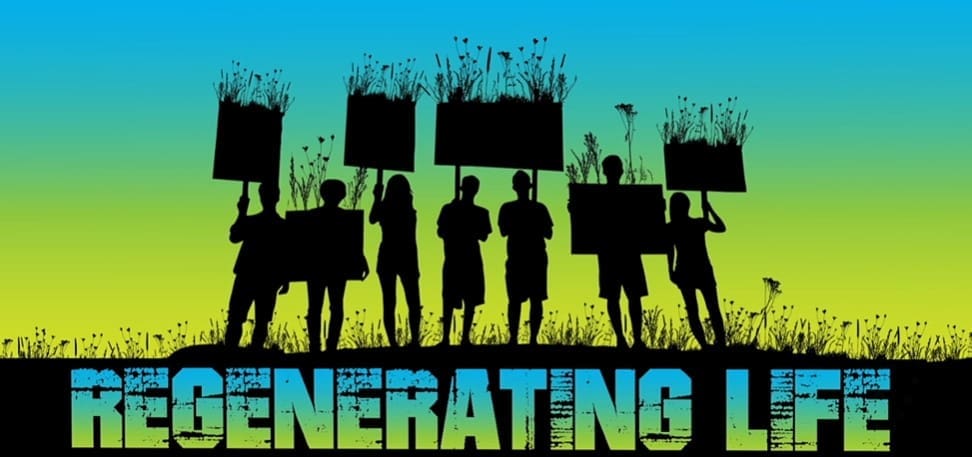
What a Great Day at Tufts: Regenerating Life Together
Our Boston Premiere of Regenerating Life at Tufts University was a tremendous success! It was exciting to see about 100 people come together to experience how John Feldman wove the many threads of the importance of nature to climate stability together in film. Conversation was lively during the lunch break, as people talked with exhibitors…
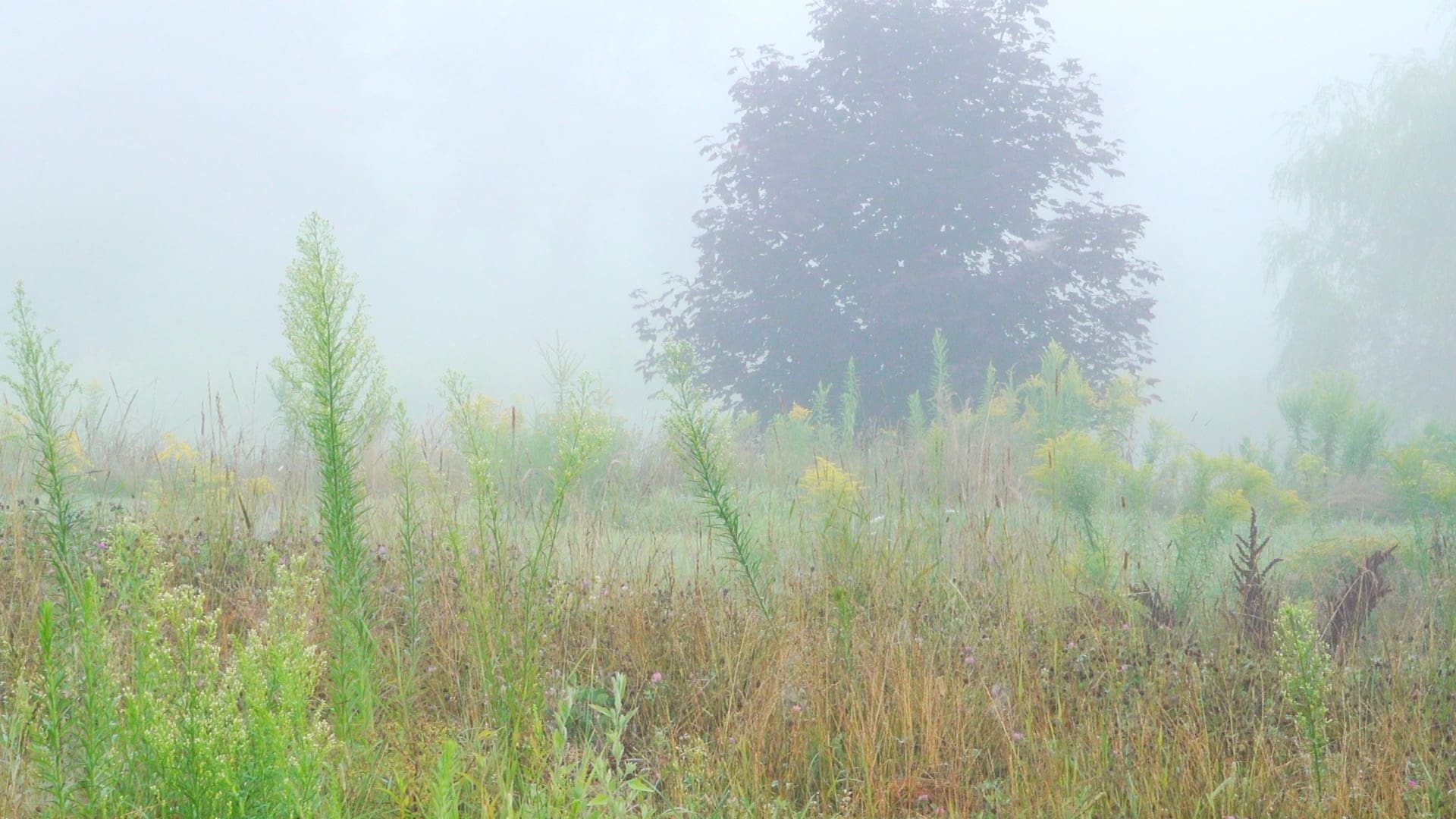
A Film that Affirms the Power of Life to Heal Our Planet
To a climate conversation long dominated by computer models and technological jargon, Regenerating Life: How to Cool the Planet, Feed the World and Live Happily Ever After brings some badly needed rain, along with dung beetles, sweating trees, fungal mycelia, cloud-making forests, beavers, worms, soil microbes, cow patties and whales. As more and more people…
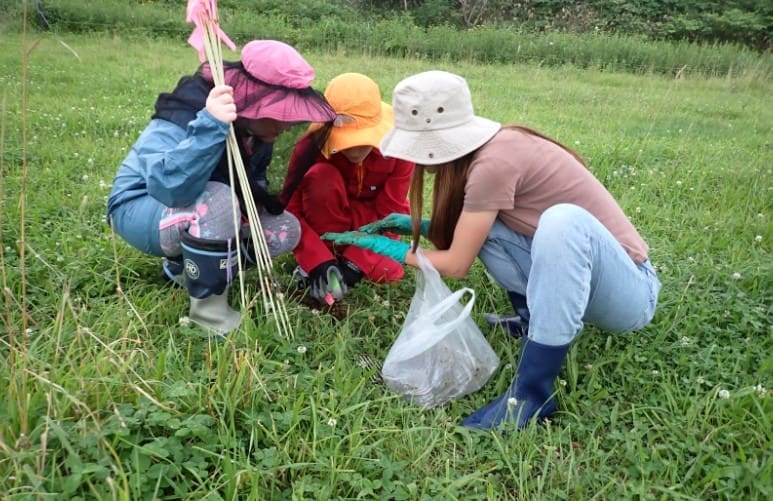
Biodiversity Field Day at Gladney Farm
Bio4Climate friends Tim Jones and Chie Morizuka manage a regenerative farm called Gladney Farm in Hokkaido, Japan. As the name suggests, there’s a lot to be glad about on the newly restored land! Tim and Chie share the love by hosting groups eager to learn from the farm animals and plants. Students of all ages…
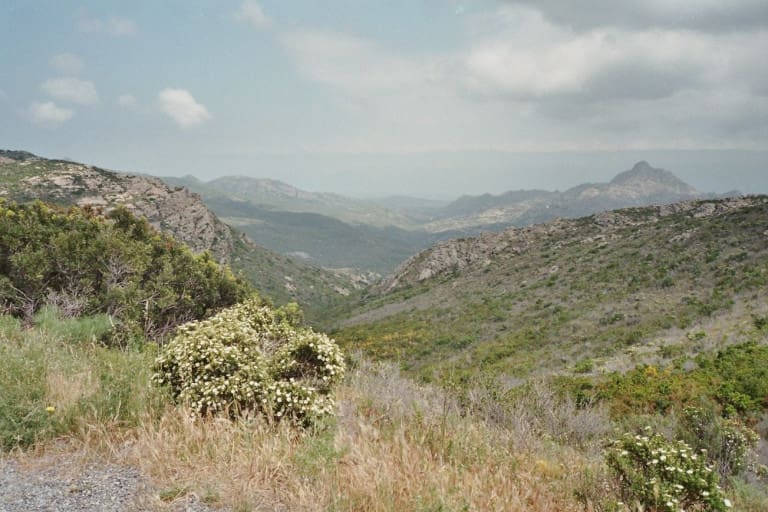
Millan Millan and the Mystery of the Missing Mediterranean Storms
I’d like to introduce this piece with a scenario. Suppose someone pointed out that you’d been looking at the climate through a pair of glasses with only one lens? Lifting them off your nose, they then provide you a new pair of glasses with two lenses. Suddenly, parts of the climate you couldn’t see before…
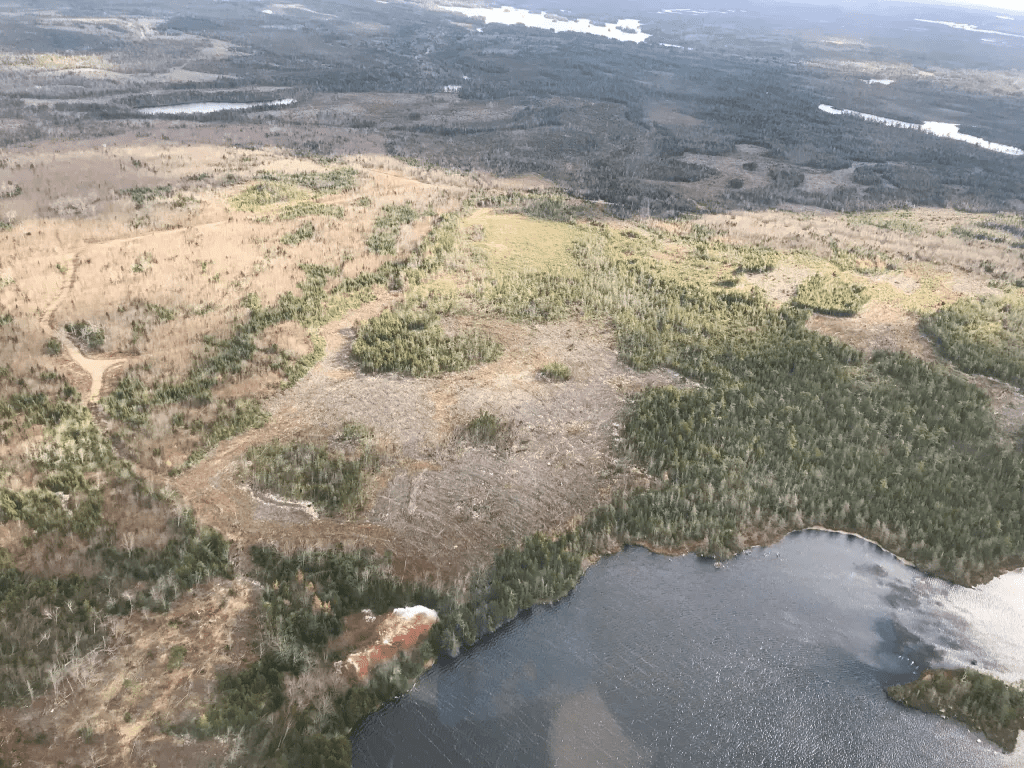
The NS wildfires are not ‘natural’ disasters: climate change, forest management, and human folly are all to blame
Four forestry specialists offer their views on how to reduce the wildfire risks. The Wildfire story that no one is talking about. The media is full of stories about the causes and cures for the massive forest fires raging around the world. Those fires have finally hit close to the Bio4Climate home in New England…
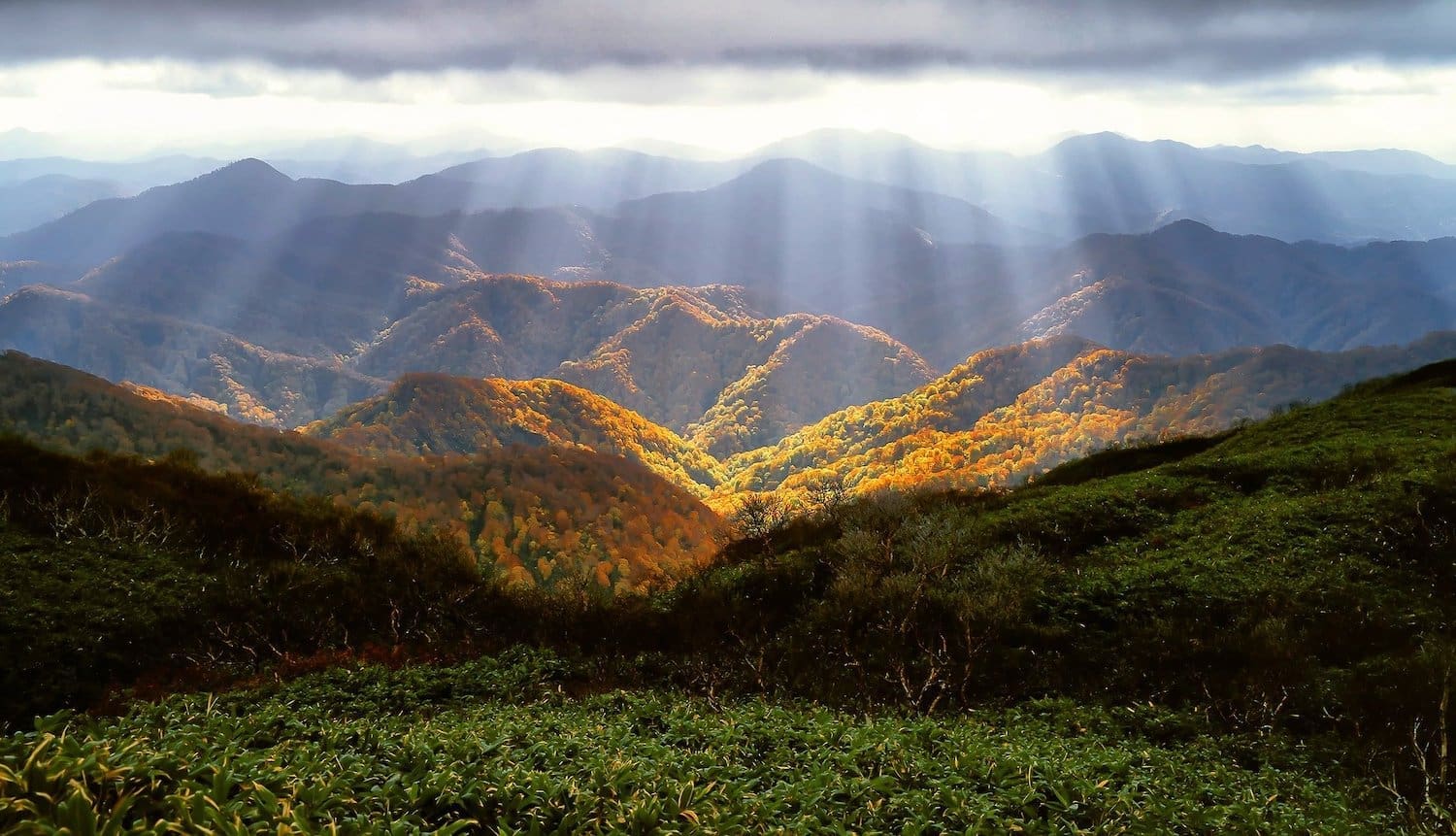
Climate Is About Far More Than Carbon Dioxide
“We have to do everything we know how to do to address climate change.” – Sir Nicholas Stern But what is “everything we know how to do”? What does “everything” mean? Who are “we”? Until very recently “everything” meant reducing emissions and pulling excess carbon out of the atmosphere. That has slowly begun to change,…
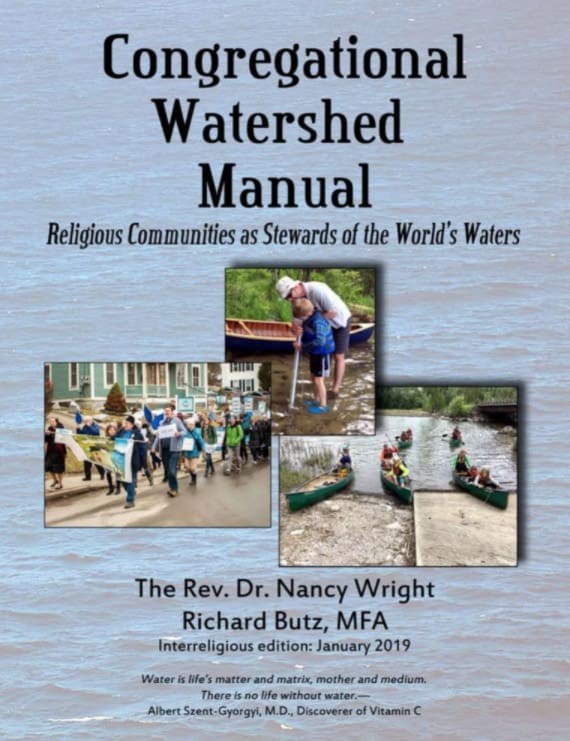
Congregational Watershed Manual
From Jan Lambert, Voices of Water for Climate Program Director: I have come to know authors Nancy Wright and Richard Butz from Ascension Lutheran Church in Burlington, Vermont as two delightful and well-informed people with a wonderful message to share of how people of faith can act for good for clean water, and for a…
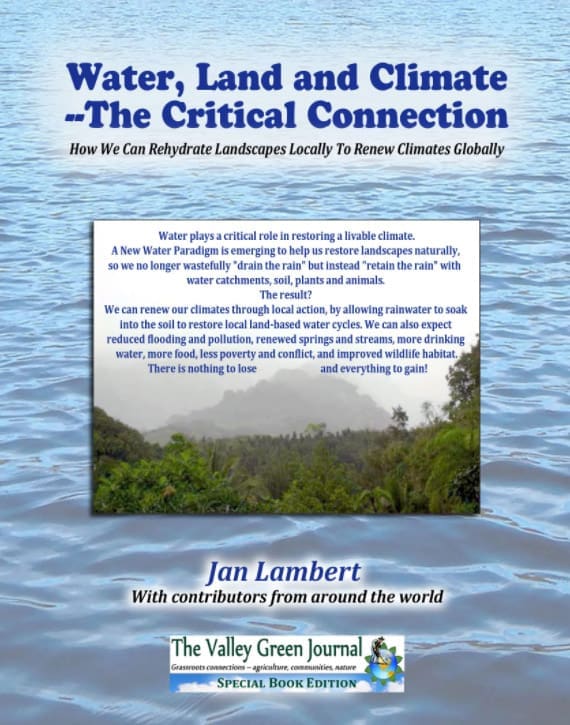
Water, Land, and Climate –The Critical Connection
Water plays a critical role in restoring a livable climate. A New Water Paradigm is emerging to help us restore landscapes naturally, so we no longer wastefully “drain the rain” but instead “retain the rain” with water catchments, soil, plants and animals. The result? We can renew our climates through local action, by allowing rainwater…
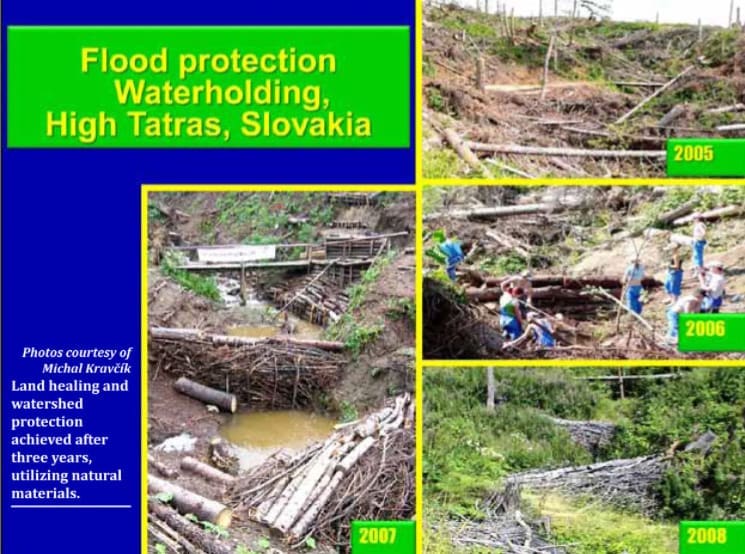
The New Water Paradigm Is Important For the Future of Humanity and the Earth
Jan Lambert’s Quick-Take: A brief letter written for the Valley Green Journal by Michal Kravčík . For much more information, see Water for the Recovery of the Climate-A New Water Paradigm. [FIX LINK] Abstract: In the Valley Green Journal November 2014 issue I introduced readers to Michal Kravčík, a scientist who is an expert in…
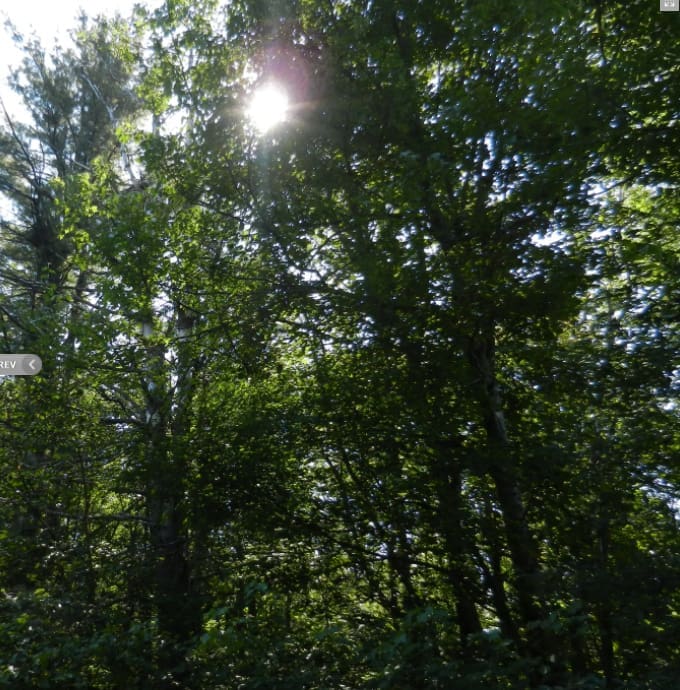
Evapotranspiration – A Driving Force in Landscape Sustainability
Jan Lambert’s Quick-Take: This is must reading if you really want to understand the dynamics of climate. No, this is not another piece on fossil fuel emissions! Jan Pokorny and his colleagues are leaders in presenting to all of us the vital interactions of water vapor, plants, and solar energy in creating and maintaining a…
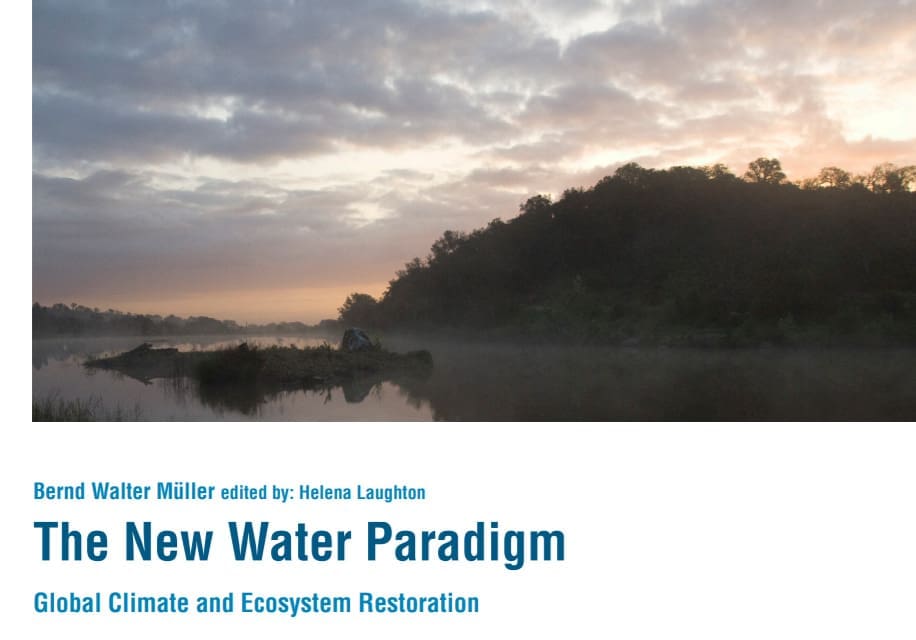
The New Water Paradigm: Global Climate and Ecosystem Restoration
Bernd Walter Müller edited by: Helena Laughton Jan Lambert’s Quick Take: Very understandable reading about the importance of the New Water Paradigm. Abstract: Most global water-related crises, such as water scarcity, drought, desertification, flooding, rising sea levels and climate change, are symptoms of long-term mismanagement of rainwater and vegetation. This results in global disruptions to…
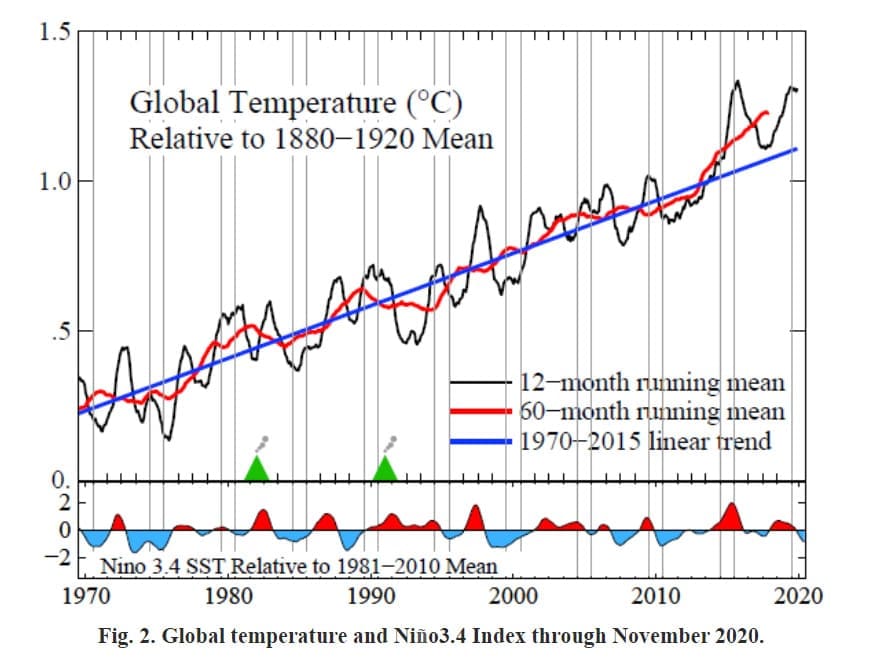
Real Climate Reality
Based on widely accepted scientific measurements, global emissions reduction efforts, while essential, have not succeeded in reducing levels of atmospheric greenhouse gases. The annual rate of carbon released into the atmosphere is accelerating (for many reasons which need not be discussed here). Reducing emissions and building out alternative energy are necessary but insufficient to address…

Geo-Engineering – An Idea Whose Time Ought Never Come
Human technology is, along with the population growth made possible by technology, the foundation of the anthropocene era. Technology’s ultimate end is to expand carrying capacity so that we can accommodate a growing population, and bears many unintended consequences of which global warming is one of the most serious. The technologies in question over the…
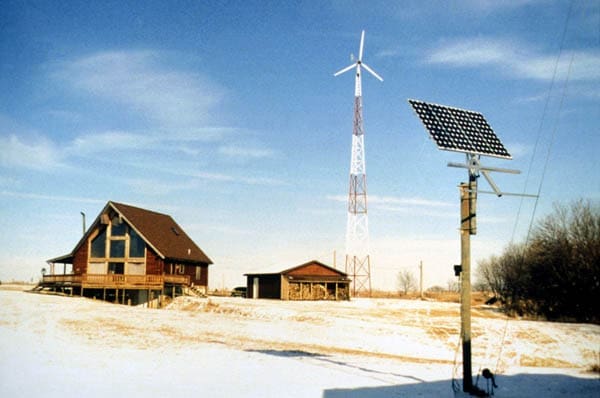
Reducing Greenhouse Gas Emissions Won’t End Global Warming
Solar panels on rooftops. Hybrid and electric vehicles. Meatless Mondays. What do all of these indicators of societal progress have in common? They are just some examples among the many widely attainable, lifestyle modifiers for reducing energy consumption in our fossil fuel-addicted world. But while replacing SUVs with hybrid cars and changing lifestyle habits to…
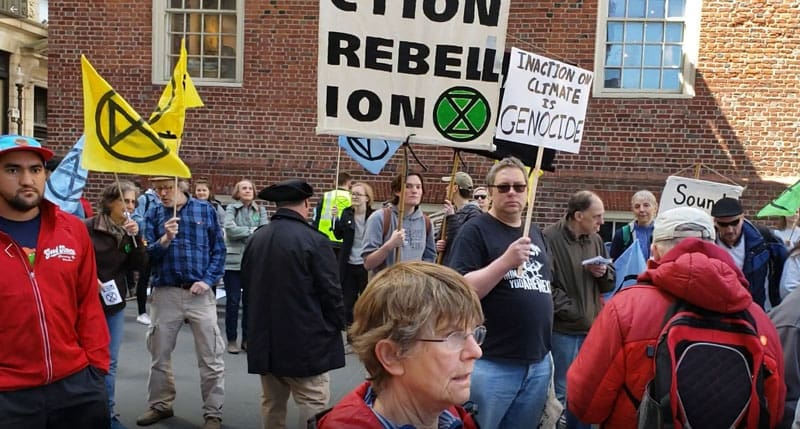
Changing the Climate Conversation
“Everything is connected to everything else.” – Barry Commoner, The Closing Circle Like most climate activists, for a long time I thought that greenhouse gas (GHG) emissions were THE driving force behind climate change. It followed that reducing emissions was our overriding goal. A steady stream of messages from both the climate movement and the mainstream…
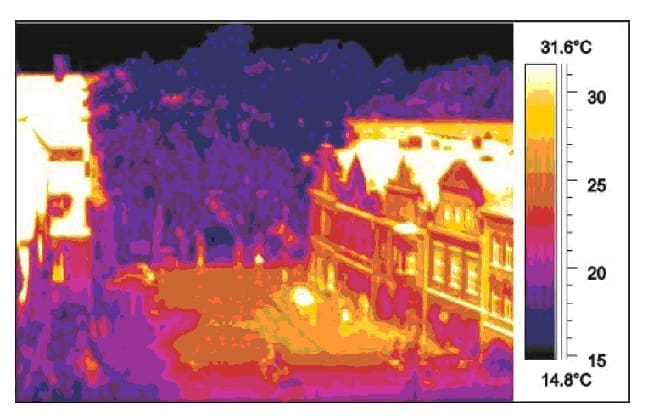
Cool It! Water and the Climate Crisis
With a record drought in California, floods in the UK and snow paralyzing areas of the South that have hardly met a plow, people are starting to make the connection between climate change and water. But generally the cause-and-effect link only goes one way, noting how climate change will affect water by putting stress on…
